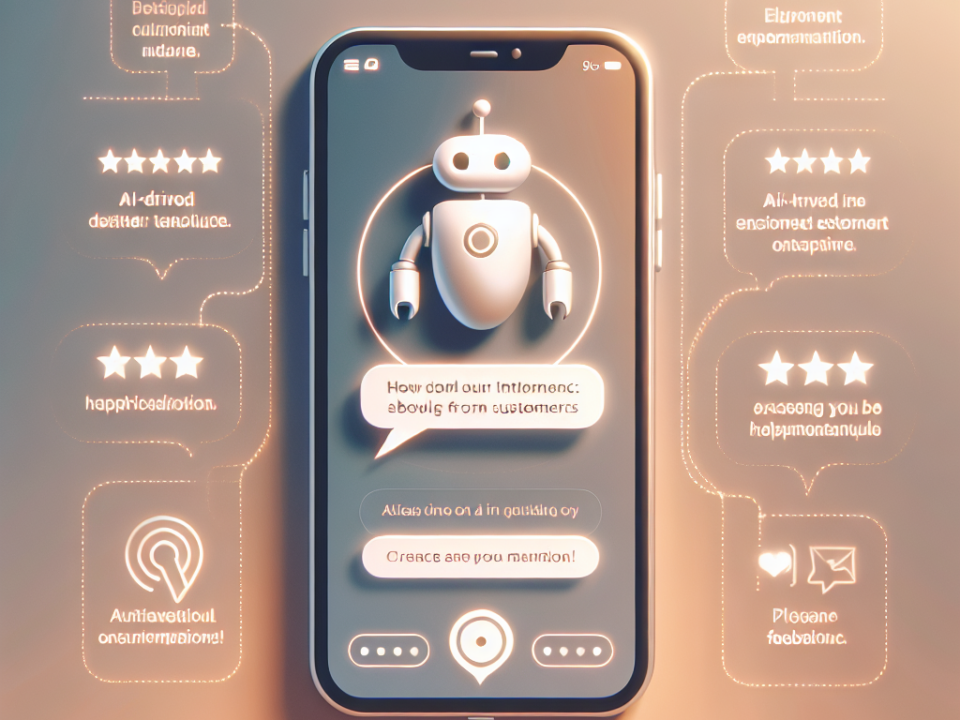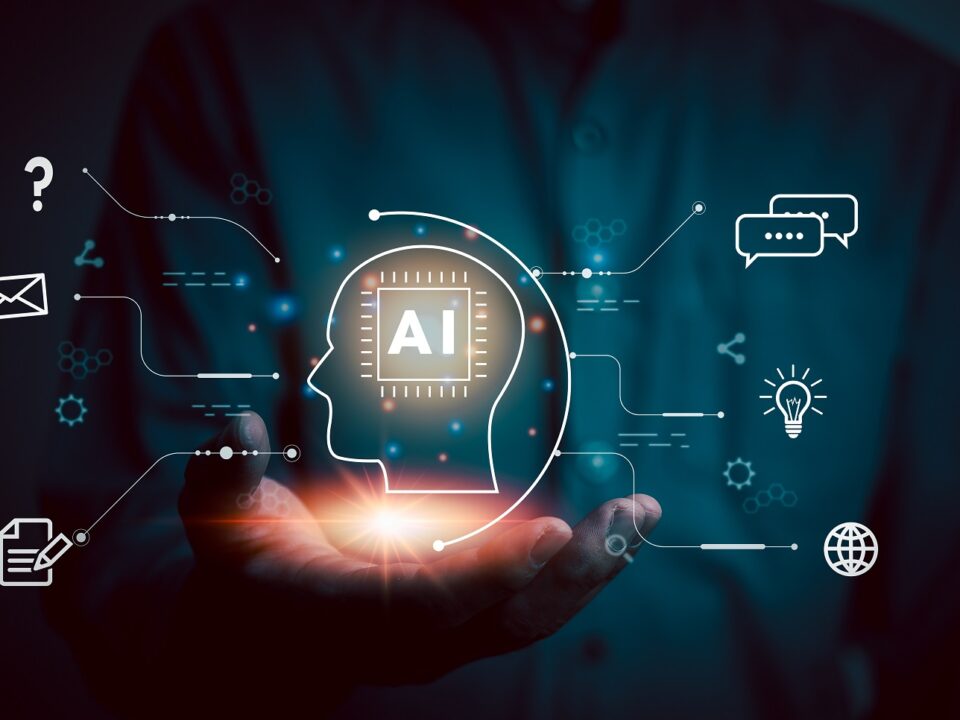
The Rise of Generative AI: How It’s Transforming Creativity and Innovation
March 25, 2025
What Are Messaging APIs, and How Do They Function Within Business Workflows?
April 27, 2025In today’s digital retailing era, personalizing customer experiences is not merely a competitive differentiator—it’s a customer expectation. Shoppers are increasingly drawn to brands that can anticipate their needs, personalize content around their interests, and deliver a seamless, engaging journey. Machine learning (ML), a branch of artificial intelligence, allows businesses to scale this kind of personalization effectively.
Why Personalization Matters in E-Commerce
According to McKinsey & Company, businesses that succeed in personalization can generate up to 40% more revenue than their peers. Similarly, a study by Epsilon found that 80% of consumers are more likely to purchase from brands that offer personalized experiences. Personalization isn’t just about customer satisfaction—it significantly impacts business performance. That’s why personalizing customer experiences is a strategic priority for modern e-commerce brands aiming to stand out.
Key benefits of personalization include:
- Improved conversion rates through highly relevant product suggestions
- Lower cart abandonment rates through context-aware, timely triggers
- Improved customer retention through personalized messages
- Increased average order values through smart cross-selling
How Machine Learning Enables Personalization
-
Learning from Behavior at Scale
Machine learning processes vast amounts of behavioral data—clicks, searches, purchases, and even dwell time—to build rich customer profiles. Industry leaders like Amazon and Netflix use collaborative filtering and deep learning to predict user desires, dynamically personalizing:
- Homepages
- Product suggestions
- Search results
- Targeted marketing campaigns
-
Intelligent Customer Segmentation
ML allows for dynamic, behavioral segmentation. Instead of grouping users by static demographics, ML clusters them by behavior, such as browsing habits, product preferences, or response to discounts. As a result, businesses can craft more tailored campaigns for new visitors, loyal shoppers, or high-value customers.
-
AI Chatbots for Personalized Conversations
With Natural Language Processing (NLP), ML-driven chatbots understand context, intent, and sentiment. This leads to natural, helpful conversations, improving both support and engagement. Gartner predicts that by 2027, 25% of organizations will rely on chatbots as their main customer service channel.
These bots assist with:
- Personalized product discovery
- Real-time customer support
- Recommendations based on user history
-
Sentiment and Intent Recognition
ML models can analyze sentiment to detect customer emotions—pleasure, confusion, or frustration. Tools like IBM Watson and Google Cloud NLP allow companies to:
- Spot dissatisfaction early
- Escalate issues to human agents when needed
- Adjust responses with more empathy
-
Predictive Recommendations and Triggers
ML doesn’t just react—it predicts. Whether it’s suggesting accessories for a current item or reminding users to restock, predictive analysis enhances the online shopping experience. According to Salesforce, 62% of consumers appreciate when businesses understand their needs based on previous behavior.
Ethical and Responsible Personalization
However, with great personalization comes great responsibility. Businesses must:
- Be transparent about data use
- Prioritize user consent and control
- Regularly audit ML models to avoid bias
Privacy regulations like the GDPR and CCPA make ethical personalization not just a moral duty but a legal necessity.
Final Thoughts
Machine learning transforms online shopping into a personalized, one-to-one experience. From smart product suggestions to intuitive customer service, ML makes digital stores more dynamic, responsive, and user-centered. As consumer expectations grow, businesses that focus on personalizing customer experiences through machine learning will define the future of e-commerce.
Sources
- McKinsey & Company (2021). The value of getting personalization right—or wrong—is multiplying.
- Epsilon (2018). 80% of consumers are more likely to purchase when brands offer personalized experiences.
- Gómez-Uribe, C.A., & Hunt, N. (2016). The Netflix Recommender System. ACM Transactions.
- Gartner (2022). Chatbots to Become Primary Customer Service Tool.
- Salesforce (2022). State of the Connected Customer Report.



